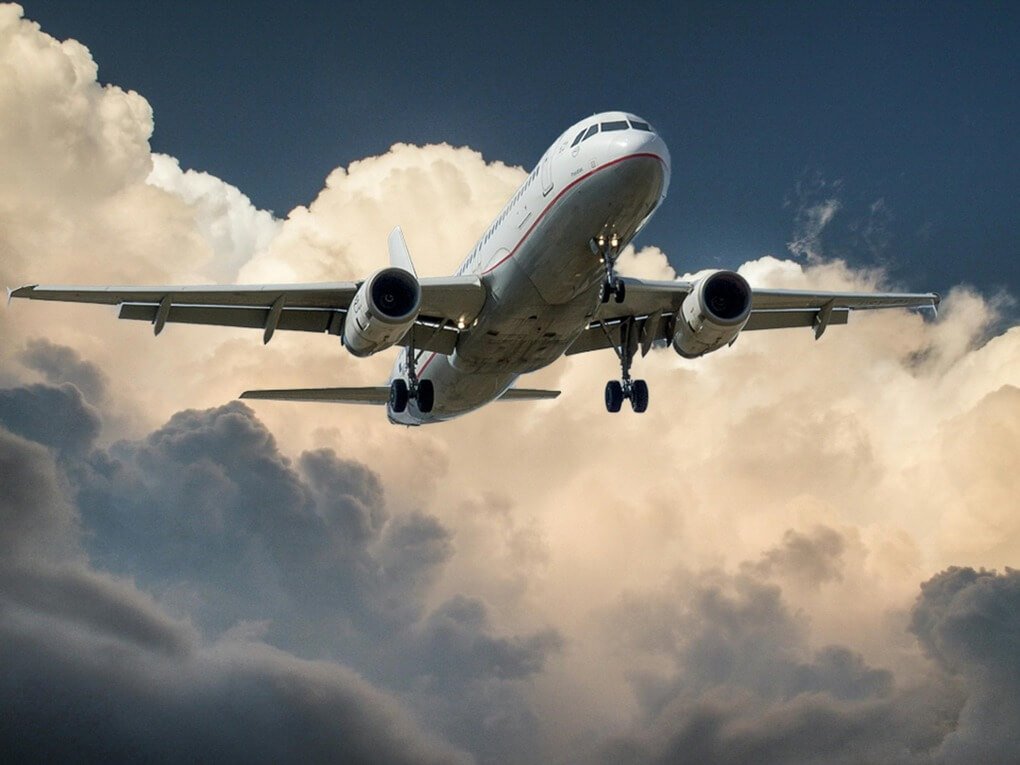When travelers get the facts wrong, it can lead to misunderstanding how airlines really work. They should know that there are many reasons for flight delays.

Most travelers do not know how airlines work. This can lead them to make some wrong guesses. Have you ever thought that flights always take off on time or that airlines just care about ticket sales? Well, this isn't always true. Some things, like bad weather and the need for plane upkeep, can cause delays. Similarly, the system of conflict flights doesn't mean the planes are just idle and waiting around for you. It is more complex. And then, there's the belief that packed planes boost an airline's profit. But sometimes, the math just doesn't add up. Knowing these facts can change how you see air travel. It would help you deal better with delays. It would also make you understand airline operations more clearly. This piece explains three common misunderstandings about how airlines really work.
Many travelers think that flight delays are only caused due to poor weather. This is incorrect. Other reasons, like necessary plane maintenance, also cause delays. Airlines put passenger safety first. This means they must sometimes delay flights to check and repair airplanes. For example, hydraulic systems must be tested to run as they should. Sometimes standard maintenance calls for monitoring or replacing fluids like MIL-PRF-5606, a widely used hydraulic fluid in aircraft. When an airline announces a delay, it needs more time for necessary maintenance checks. Instead of getting mad, you should appreciate how much they care about safety. Weather problems can cause delays, too. Severe storms or strong winds can directly affect flight schedules. In these cases, airlines must prioritize the safety of their customers first before anything else. So next time your flight gets pushed back, remember there's probably a good reason behind it – whether it's bad weather conditions or essential aircraft upkeep.
Airline operations can be tricky. They involve moving planes to where they are most needed. This is called aircraft positioning. It means just because a flight arrives does not mean another one will leave from the same place. Airlines think about many things when deciding on this. They look at flight times, how many people are booked, and where planes should go next. For instance, consider whether you want to fly from New York to London. The flight leaves New York, but once it lands, the aircraft cannot remain there. It has to go back to the airport in London for the next journey. This is called positioning aircraft. It ensures every route has enough planes. Understanding this process helps you see how airlines work. It also explains why some flights are not available at certain times. The airplane must first fly out from another location.
The airline business is tricky. A packed plane does not always mean the airline makes money. There are many costs linked to flying planes. These include fuel costs and airport fees. Sometimes, ticket prices are low just to fill every seat. In this case, the airlines are not making enough money even if the flight is full. It does not cover all the running costs. It's like selling ice cream for cheap to get rid of it fast. The money from selling cheap ice cream does not cover all the costs of making it. Airlines have to think hard about how to price tickets so they can pay expenses. They must also make a profit. This price setting gets even more complicated if flights are short or planes fly without enough passengers. Understanding this can help you see why ticket prices change all the time.
When travelers get the facts wrong, it can lead to misunderstanding how airlines really work. They should know that there are many reasons for flight delays. It can be necessary plane care or bad weather. Also, they must understand that positioning aircraft is a complex and important part of an airline's plans. This ensures every route has enough planes. Busy flights do not always mean profit. Sometimes, low prices are only for filling seats. Knowing this helps passengers see the airline business better. This knowledge prepares them to deal with surprises. It helps them understand more about pricing and flight availability, too. Knowing more about airline operations changes the whole experience of air travel for everyone.
You must be logged in to post a comment.
